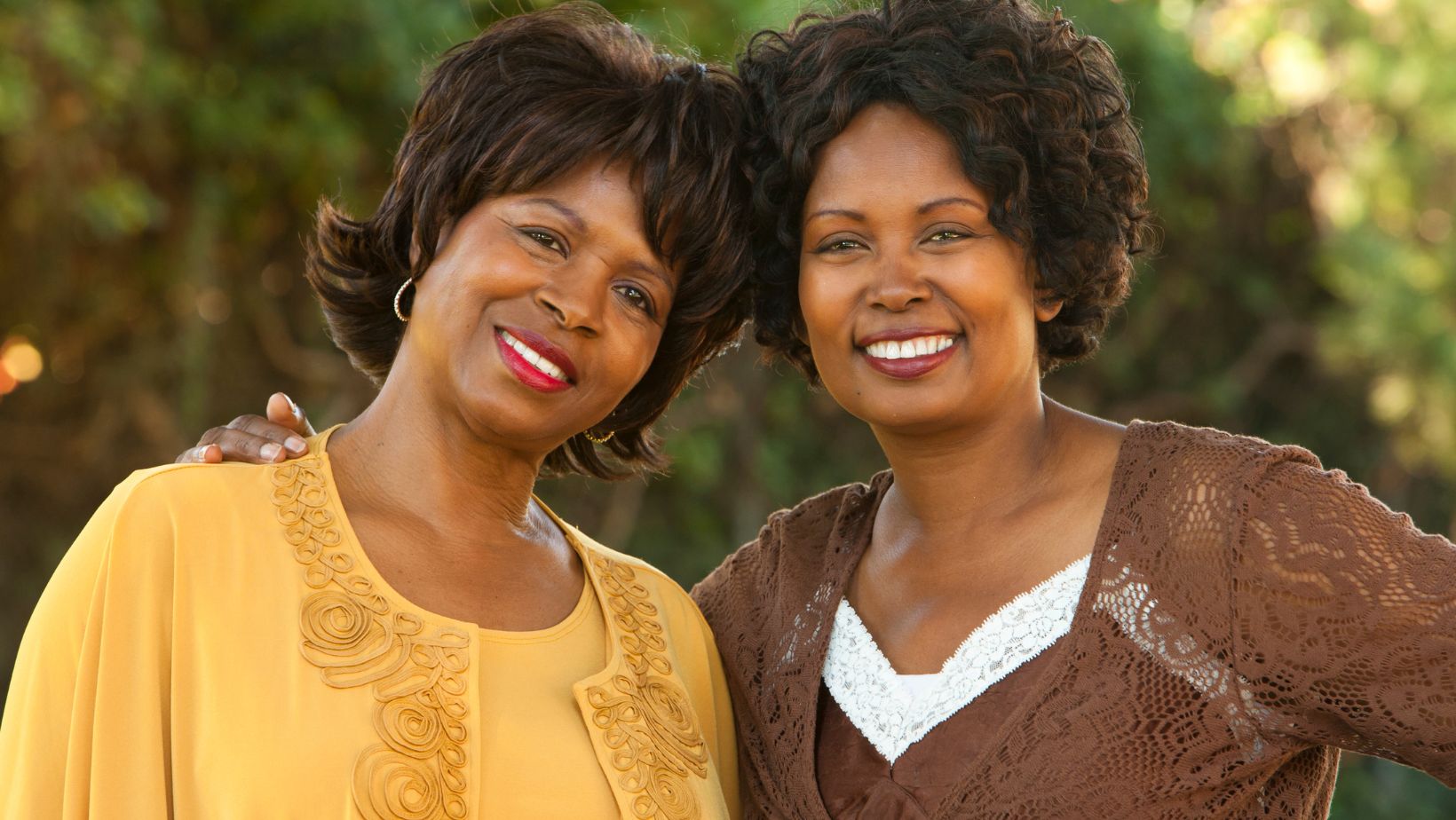Little Sisters of the Poor Vs Pennsylvania
As an expert blogger with years of experience, I’d like to delve into the implications of the Little Sisters of the Poor. These religious sisters have been at the center of a contentious legal battle surrounding their objection to providing contraception coverage to their employees. This case has far-reaching consequences for both religious freedom and women’s reproductive rights. In this article, I’ll explore the background of the Little Sisters of the Poor and the legal challenges they have faced, as well as the potential impact this case could have on the healthcare landscape.
The Little Sisters of the Poor, an international congregation of Roman Catholic religious sisters, have found themselves in the spotlight due to their refusal to comply with the contraceptive mandate under the Affordable Care Act. This mandate requires employers to provide health insurance coverage that includes contraception. The Little Sisters argue that this requirement violates their religious beliefs and infringes on their freedom of conscience. The implications of this case extend beyond just the Little Sisters themselves, as it raises important questions about the balance between religious liberty and government regulations.
The legal battle surrounding the Little Sisters of the Poor has been ongoing for years, with multiple lawsuits and appeals. Their case has reached the Supreme Court twice, and the outcome could have significant implications for religious organizations and their ability to practice their faith freely. This case also raises broader questions about the scope of government power and the limits of religious exemptions in the context of healthcare. In the following sections, I’ll explore the arguments made by both sides and analyze the potential consequences of the court’s decision.
The History of the Little Sisters of the Poor
The Little Sisters of the Poor is a Roman Catholic religious congregation founded in 1839 by Saint Jeanne Jugan. The congregation’s mission is to serve the elderly poor and provide them with care and dignity in their final years. Over the years, the Little Sisters of the Poor have established homes and facilities around the world, offering compassionate care and support to those in need.
The congregation’s commitment to their faith and their mission has led them to be at the center of a legal battle that has garnered national attention. The Little Sisters of the Poor have refused to comply with the contraceptive mandate under the Affordable Care Act, which requires employers to provide health insurance that covers contraception. They argue that this mandate violates their religious beliefs and infringes upon their freedom of conscience.
The case, known as Little Sisters of the Poor v. Pennsylvania, has been before the Supreme Court twice. In 2016, the Court issued a unanimous decision in favor of the Little Sisters, allowing them an exemption from the contraceptive mandate. However, the case was brought before the Court again in 2020, as Pennsylvania and New Jersey sought to challenge the exemption.
The implications of this legal battle extend beyond just the Little Sisters of the Poor. The outcome of the case could have significant implications for religious organizations and their ability to practice their faith freely. It raises important questions about the balance between religious freedom and government regulations. If the Court were to rule against the Little Sisters, it could set a precedent that could impact the religious freedom rights of other organizations and individuals.
The history of the Little Sisters of the Poor is intertwined with their fight for religious freedom. Their mission to care for the elderly poor has led them to the Supreme Court not once, but twice. The implications of the case extend far beyond just the Little Sisters, potentially impacting the religious freedom rights of many others.

The Mission and Work of the Little Sisters of the Poor
The Little Sisters of the Poor have been at the center of a legal battle with significant implications for religious freedom. As a Roman Catholic religious order, their mission is to serve the elderly poor with compassion and love. The implications of the Little Sisters of the Poor vs. Pennsylvania case have raised questions about the balance between religious freedom and government regulations.
For over 150 years, the Little Sisters of the Poor have dedicated themselves to caring for the elderly in need. They operate homes around the world, where they provide not only physical care but also spiritual support to those in their care. Their work is motivated by their faith and their belief in the sanctity of life.
The Little Sisters of the Poor have found themselves in the midst of a legal battle because of their refusal to comply with the contraceptive mandate under the Affordable Care Act. They argue that this mandate violates their religious beliefs, as it requires them to provide contraceptives and abortifacient drugs to their employees. They believe that this goes against their mission and their commitment to upholding the sanctity of life.





